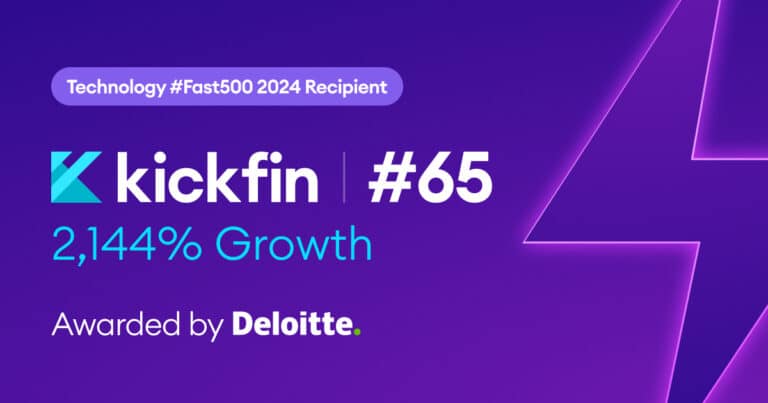In a word: Nope.
Okay, it’s not actually that simple. But if you’re in doubt (and in a hurry), the safest answer is generally no, owners and managers can’t keep tips their employees received, or participate in a tip pool.
If you’ve got a minute: read on for the full story on why owners and managers (usually) can’t earn tips, when it’s actually legal, and a look at some rather extreme examples of wage theft in restaurants.
Wait: Are managers really taking tips from their employees?
You’ve probably heard of restaurant management teams that found themselves in legal hot water because owners or managers have taken a cut of their employees’ tips. These lawsuits can be financially devastating for hospitality brands.
Why does it happen? Unfortunately, sometimes managers knowingly steal tips from their employees. And yes, that’s very bad.
But often, greed isn’t the (only) culprit. Tipping regulations are notoriously complicated. Plus, they’re apt to change, and they can vary at the federal, state and even local levels. While you can’t plead ignorance in court, it’s certainly understandable if people are confused.
Here’s where it gets tricky: Restaurants move fast. The best managers pitch in when they see their team needs support. It’s not uncommon to see them showing a guest to their seat, delivering food to a table, helping out a busser.
If they’re jumping into front-of-house work on a regular basis, it’s only natural to assume they might deserve a share of tipped earnings as well. But generally speaking, it’s not theirs for the taking.
Why can’t owners and managers keep tips?
If owners and managers are directly contributing to a guest’s experience, shouldn’t they benefit from that guest’s show of thanks?
Not really.
The logic here is that owners and managers earn a salary. Tipped employees are hourly, and they generally rely on their tips to support their livelihoods — especially for employees who earn as little as $2.13 an hour. While it may feel unfair that managers can’t keep tips during shifts where they jumped in and saved the day, there were likely plenty of slow shifts where they still consistently make their salary. Servers, on the other hand, don’t have that level of predictability: when business slows down, so do tips.
Rationale aside, the bottom line is that it’s illegal for owners and managers to keep tips. Tips are seen as the property of employees only, so if owners are skimming their tips, they’re taking part in wage theft. The practice is often called “tip pocketing,” as servers (rightfully) view this as their employers grifting their hard-earned tips.
Owners and managers most commonly make this mistake through tip pools. When requiring employees to pool their tips, owners cannot legally redistribute any tips to managers, owners, or non-tipped employees who are earning the full federal minimum wage.
While you might think tip pooling will garner teamwork and collaboration, check out the strict laws around tip pooling and consult a lawyer before you get started.
Exceptions for managers
It wouldn’t be a rule if there weren’t an exception, right?
When it comes to keeping tips, managers have a little bit more leeway than owners do. Managers can keep tips earned through service they provide directly and solely.
So what does that mean?
The keywords here are “directly” and “solely.” If a manager took a table’s entire order, ran all of their food and drinks, and presented them with their check, then they are technically allowed to keep any tip the customers leave. This often occurs when “shift managers” (who are generally just head servers) oversee a shift while still relying on tips for their own income.
But again: if you’re a manager who just stepped in to help out a server who was in the weeds, the tip still belongs to the server.
What happens if a manager or owner keeps a tip?
For restaurant owners, the consequences of keeping employee tips could bring down your entire business.
- Repayment: First of all, you’ll owe all of the stolen wages back to the employees, plus a fine of over $1,100 per violation. The repayment can be devastating — just ask these restaurant owners who owed over $157,000 in tips.
- Damages: Restaurants can also be sued for damages, and some establishments simply can’t come back from such a devastating loss.
- Poor customer experience: If customers are aware that management is keeping tips, they might not feel comfortable tipping at all.
- Employee distrust and resentment: A restaurant’s culture will take a major hit if employees sense that they’re not receiving the tips they have earned.
One important thing to note: The consequences and fines for violating tip laws apply, whether you were aware it was illegal or not.
How do you ensure everyone is playing by the rules?
The short answer: cut the cash and go digital.
Tipping out in cash creates the perfect opportunity for skimming and wage theft, given the lack of visibility into cash flow and inability to track payments.
But even if your team is 100% trustworthy, tip distribution is far from foolproof. When your tipping system relies on cash, human error abounds, and managers can unknowingly create or participate in illegal tip pools.
A digital tipping platform allows you to put guardrails in place, so the only the right people (in the right roles) get tipped out. A software like Kickfin is built for flexibility, so if you have people who work multiple roles — or at multiple sites — you can ensure everyone is getting what they are legally entitled to.
Most importantly, a digital tipping system gives you the power to track everything. If an issue ever arises, you can easily pull payment history by individual, shift, or site.
Want to ensure your team is legally tipping out? Check out a free demo of Kickfin today to learn about our instant digital tipping software!




